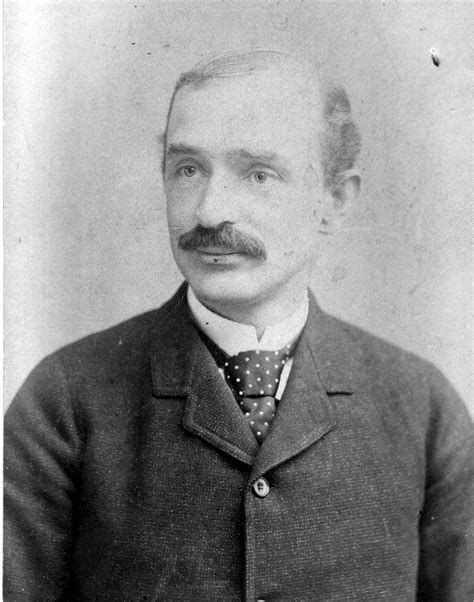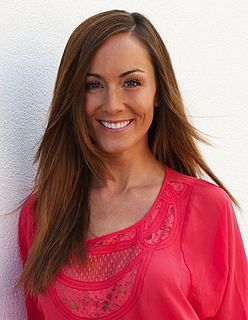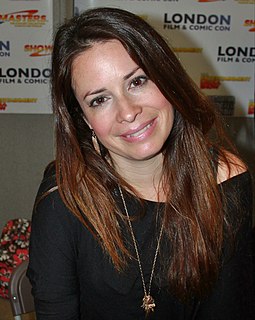A Quote by Sendhil Mullainathan
Some struggle with medical issues - like insomnia - that make sleep hard. But for many of us, the quantity and quality of sleep come down to a matter of choice. Still, only a few enterprising economists have looked closely at this, and generally, those have assumed that we choose our hours of sleep optimally.
Related Quotes
People who are contented and serene sleep well. They fall asleep easily, stay asleep, and wake refreshed. Conversely, people who are anxious, stressed, or depressed do not sleep well, and chronic insomnia is strongly associated with mood disorders. These are clear correlations, but what is cause and what is effect is not clear. Most experts agree that sleep and mood are closely related, that healthy sleep can enhance emotional well-being, while insufficient quantity or quality of sleep can adversely affect it.
So if somebody has chronic pain, we want to manage the pain, but we still want to treat the insomnia separately. So what we'll tend to do in our sleep lab is we'll do a thorough evaluation and we usually have myself, who is a Psychologist and a Sleep Behavioral Sleep Specialist, I treat the patients first.
We've looked at sleep diaries of patients with insomnia, and they'll say that they don't sleep for one or two days. And the body actually has a natural function, after about the third day to start catching up and you get a little bit more sleep the third night. And that's usually what I tell my patients.
My first trimester I was so exhausted. I could sleep 10 hours, then wake up, look in the mirror and still have eyes like a hound dog! I felt like the life was sucked out of me, no matter how much sleep I got. It was obvious that my body was really busy doing something else and 'beauty sleep' didn't exist anymore!
I do my best stuff midmorning and superlate at night, from 1 to 5 in the morning. Some people don't need sleep. I actually do need sleep. I just sleep all the time. I'll catch naps in the afternoon, or I'll take a 20-minute snooze in the office - just all the time. Our business is 24 hours. Our guys in Europe come online at midnight.
When you become a mom you just learn how to function sleep deprived and you do get used to it. I came back to work when Finley was three months old and the first few months were rough. Then somehow you learn to exist on no sleep and now when he does upon occasion sleep through the night, which is like a full six hours, you're pretty sure he's suffocating. So you don't sleep anyway.
...America didn't have to fight scarcity and we all felt guilty before people who still had to struggle for bread and freedom in the old way ... We weren't starving, we weren't bugged by the police, locked up in madhouses for our ideas, arrested, deported, slave laborers sent to die in concentration camps. We were spared the holocausts and nights of terror. With our advantages we should be formulating the new basic questions for mankind. But instead we sleep. Just sleep and sleep, and eat and play and fuss and sleep again.



































